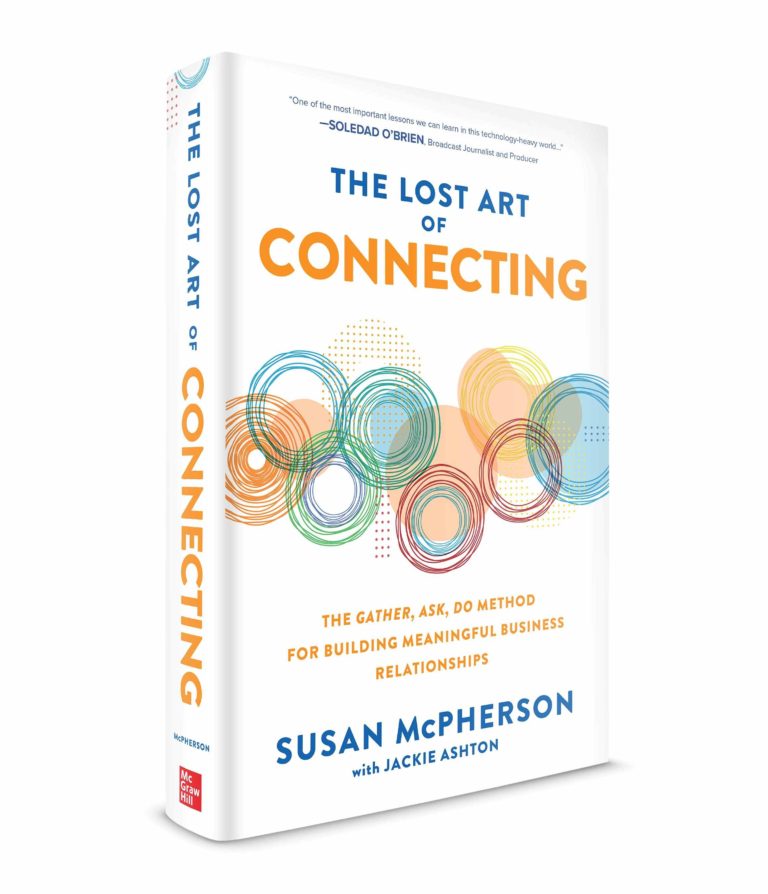Reading This Will NOT Make You Healthier
This work was first published on the LitWorld blog.
Sherrie Dulworth, registered nurse, healthcare professional, and LitWorld Advisory Council member, on the many ways literacy impacts individuals’ health—physically, emotionally, and economically. Fostering literacy skills in kids and adults alike is a vital way to combat a number of social issues and health challenges facing communities in the U.S. and around the world.
Reading this will not make you healthier—the ability to read this might.
For more than 30 million people in the U.S. and hundreds of millions around the world, who are functionally illiterate, poor reading skills are a health liability, often in ways that we don’t recognize.
It turns out that literacy is among the social determinants of health—those social variables like access to safe housing, food, and education that can affect the quality of our health.
Physical Health
Imagine that you’re sick, really sick, and you can’t read. You can’t do online research about your symptoms; you go straight to the doctor. She may give you information to read, but you don’t want to admit you can’t read it. When you get home, you are too tired, sick, or stressed to remember exactly what she told you. She gives you a prescription, it comes with instructions, but you can’t read them.
Even when caregivers discuss printed materials, that education may be all but lost if we can’t recall what they said or if we can’t read how to best care for our malady, which symptoms to worry about, and when to seek help. It’s easy to understand how we could land in an emergency room or hospital bed, and it shouldn’t be a surprise that U.S. adults with poor reading skills have more hospitalizations and higher rates of some chronic conditions, including diabetes mellitus and heart failure.
Celina Ramsey has worked in the field of health literacy for about a decade and has seen people in hospitals struggle to understand patient education materials. The reason? Ramsey, now the Director of Health Literacy, Diversity and Outreach at Staten Island’s Performing Provider System, explained that the materials were written above a 12th grade level. About 14 percent of the U.S. population, or one-in-seven, reads below a 5th grade level.
There’s a growing awareness of the importance of improving health literacy, or making health information more understandable to the average person. This is a good thing for all of us, as is the growing availability of information through radio, television, the internet, and even gamification. While these are steps in the right direction, they are not a substitute for literacy’s influence on our overall health.
It’s not just individuals who are affected, the widespread ability to read can influence the public’s response during a public health epidemic. A profound example is the 2014 Ebola crisis, when Vox News reported that illiteracy intensified public reliance on myth and misinformation about disease transmission and exacerbated its spread. Of the same crisis, Chernor Bah, a former refugee from Sierra Leone and an Associate at the Population Council, wrote, “Sierra Leone’s Ebola victims include a disproportionate share who could not read the billboards and other public messages advising them how to stay safe.”

Emotional Health
Earlier, you envisioned not wanting your doctor to know you can’t read. Now imagine something far more wide-reaching: keeping that secret from the many others in your life. Even if you become adept at “getting by,” you have to be on constant guard to hide your poor reading skills lest you be found out.
“When someone cannot read, it’s a big secret…We become experts at hiding it from our loved ones, from our co-workers and from healthcare professionals,” adult-learner Kristi Clontz explained at a 2008 Health Literacy Summit. “We are embarrassed, and we feel ashamed.”
According to literacy expert Paul Heavenridge, “Part of mental health is how you see yourself, your self-esteem.” A psychotherapist and executive director of Literacyworks, Heavenridge explained that low literacy is often coupled with the fear of discovery and embarrassment. This may explain why low literacy among U.S. adults is also associated with increased symptoms of depression.
Economic Health

Illiteracy entangles with illness and poverty into a sort of public health Gordian Knot.
The underlying reasons cited for poor literacy skills in the U.S. vary: an undiagnosed or untreated learning disability, early school drop-outs, and English as a second language. And in a vicious cycle, illiteracy often begets illiteracy. According to the California Library Literacy Services, “When parents can’t read and write, their children are twice as likely to lack literacy.”
When someone cannot read, their ability to find work, especially higher paying jobs, is challenged. There are exceptions like billionaire Richard Branson who described how his dyslexia-related academic struggles caused him to drop out of school at age-16. Yet for every Branson-like example, there are scores of others whose weak reading abilities represent a risk for their physical, emotional and their economic well-being.
On a worldwide basis, women are disproportionately illiterate, with a 2:1 ratio compared to men. This gender inequity affects women’s and maternal-child health and their economic well-being.
Girls’ education, of which reading is a vital component, is essential to ensuring job market opportunities and participation, and the ability to care for their own children. Better educated women marry at a later age and have fewer children; factors that all combine to reduce poverty and improve health.
According to Pam Allyn, founder of LitWorld, “Reading is a fundamental component that empowers and helps people step out of poverty, especially women. Girls and women in communities around the world face the catastrophic implications of poverty and illiteracy. Literacy helps build gender equity and economic self-determination that benefits future generations.”
The reported global economic price tag for illiteracy, including the societal costs of crime and welfare, is $1 trillion USD, the salary equivalent of 18 million U.S. elementary U.S. school teachers.
Improve Literacy, Improve Health
Evidence supports how the act of reading improves our mental and emotional health but in order to benefit, we must first must possess those fundamental reading skills. It is likewise important to realize the relationship between literacy on individual and overall population health.
By supporting the widespread ability for people‒all people‒to read, caregivers, policymakers, and the public at large will choose to recognize the influence that reading skills have on our overall physical, emotional, and economic health, and literacy education can be viewed as a powerful investment in preventative healthcare.






